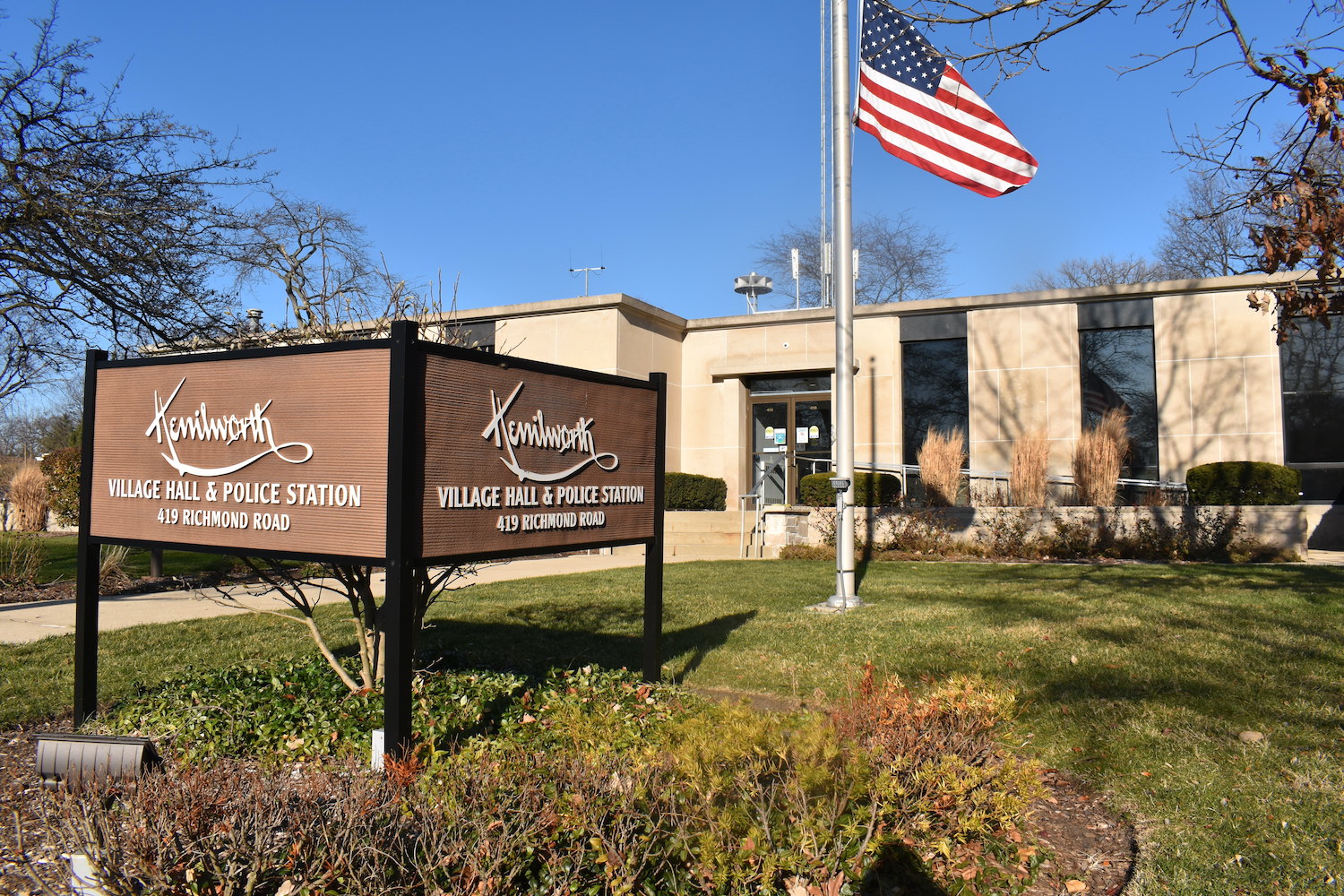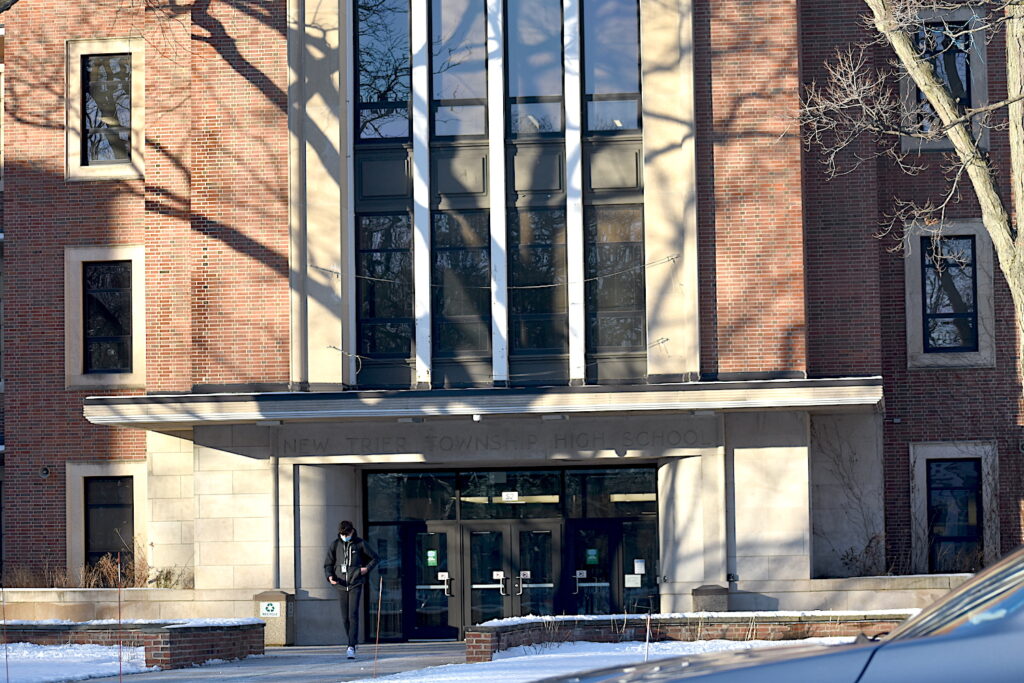
Kenilworth PD eyes license-plate readers
The Kenilworth Police Department hopes to add a new weapon in the evolving fight against car burglaries and thefts.
The Village of Kenilworth included in its 2021 budget a $35,000 line item for license-plate scanners, a recommendation from the police department that needs Village Board approval.
Kenilworth Police Chief David Miller told The Record in February that he hopes to present his case to the board in the “next month or two.”
While around for most of the decade, license-plate-scanning cameras are gaining traction across the suburbs, with nearby police departments Vernon Hills, Skokie and Highland Park using them in some capacity.
The cameras can be placed on police vehicles, but Kenilworth wants to install them at specific locations throughout the community, Miller said, adding that revealing potential locations of the cameras would impact their efficacy.
The technology captures a license-plate image of every car that passes nearby. The content of the image is checked against law-enforcement databases, and if there is a hit, such as if the car was used during a crime, an alert can be sent to police officers.
Miller said the scanners would help prevent car burglaries because in many cases offenders are driving stolen vehicles.
“The big issue that is kind of the driver behind this is the burglary of motor vehicles,” Miller said. “… They come into the area, pass a (license-plate reader) and we get an alert of a stolen vehicle, the area it was headed, a picture of the car. We would know, along with neighboring communities, and intercept before a crime is committed.”
Car burglaries have been on the rise in Kenilworth and other suburbs for years. Many times, Miller said, thieves take advantage of opportunity, such as unlocked cars and garages.
Sometimes, the keys and key fob are even in the car.
“This crime pattern is going on Year 5,” Miller added. “It’s been impacting North Shore communities, impacting all suburban areas and Chicagoland. I don’t know a community not affected.”
The license-plate readers have faced scrutiny from the civil-liberties community that fears the collection and potential use of private information, most of which relates to individuals not associated with crime of any kind.
The gathered information is then shared with law enforcement agencies across the nation. For instance, a suburban department in Burr Ridge shared 319,430 records captured in 2016-17 with more than 800 other agencies, according to an expansive report from the Electronic Frontier Foundation. (https://www.eff.org/pages/explore-alpr).
Miller said he wants to make sure the department is transparent about its usage of the cameras.
“The concern is people don’t want big brother watching them,” Miller said. “That’s not the point of this, but it is something we will discuss with the board. We are aware of the concerns and will make sure we’re not violating any civic liberties. It is not the tech itself people are concerned with, but how it is used that gets municipalities in trouble.
“We are concerned about this crime pattern and are looking for anything we can to address it and put an end to it.”
The Record is a nonprofit, reader-funded news site. Our public-service journalism, including coverage of government budgeting, is free for all to read.
Support our efforts by becoming a subscriber to have full access to unmatched local reporting on New Trier Township.
Just want to help? Donate to The Record to support reliable, responsible local news.

Joe Coughlin
Joe Coughlin is a co-founder and the editor in chief of The Record. He leads investigative reporting and reports on anything else needed. Joe has been recognized for his investigative reporting and sports reporting, feature writing and photojournalism. Follow Joe on Twitter @joec2319


